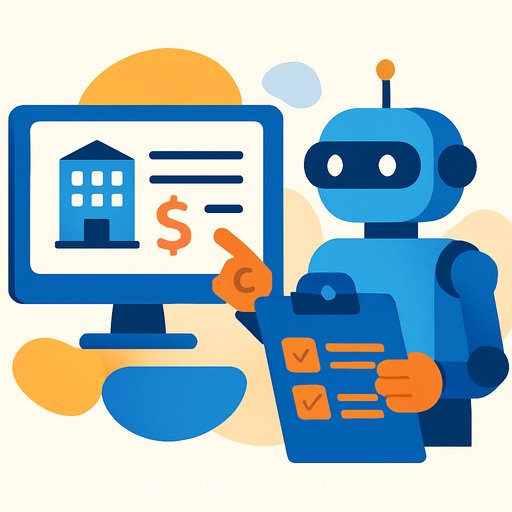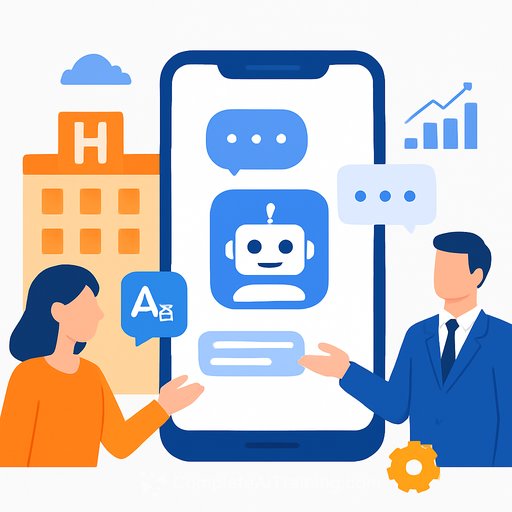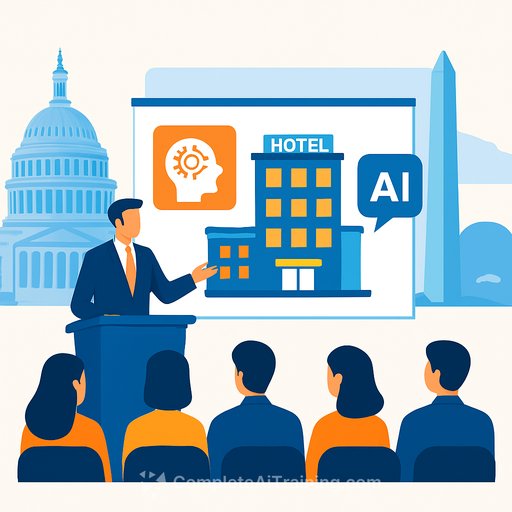AI-Powered Room Audits Could Change How Hotels Charge Guests
Artificial intelligence is quietly influencing hospitality beyond simple back-end tasks. Hotels are beginning to explore AI’s role in guest-facing operations, especially in assessing charges related to room conditions during or after a stay.
This approach, sometimes called “algorithmic auditing,” leverages AI to detect behaviors, damages, or conditions that might have gone unnoticed or uncharged before. The goal is to standardize assessments and reduce human bias, potentially monetizing issues that were once absorbed as part of operational costs.
Lessons from Car Rentals
The car rental industry already uses AI-powered inspections. Companies like Hertz and Sixt employ scanners that automatically identify vehicle damage and bill customers accordingly. This system aims to improve fairness and consistency but shifts accountability from human agents to machines.
Hotels are watching this closely. While they haven’t adopted fully autonomous AI room scans before checkout, initial steps are underway. For example, some hotels use AI-driven air quality sensors to detect smoking in non-smoking rooms, triggering fines. However, these sensors sometimes misinterpret harmless aerosols or hair products as violations, leading to incorrect charges.
Emerging Technologies and Current Uses
Today, no hotel brand publicly confirms using fully autonomous AI to assess rooms and bill guests. Yet, foundational technology exists. Vendors are developing AI platforms capable of monitoring air quality, detecting occupancy patterns, and using computer vision to spot damage or cleanliness issues.
- Visual AI Systems: Companies like Herta Security and Cortexica offer AI tools for anomaly detection and surface inspection in sectors outside hospitality but adaptable to hotel needs.
- Environmental Sensors: Firms such as Aclima and Kaiterra produce devices that track particulate matter, odors, and chemical signatures, useful for enforcing hotel policies.
While these tools currently focus on health and safety, they could be repurposed to identify rule violations in hotel rooms.
AI as Support vs. Enforcer
Many hotels use AI to assist rather than decide. Predictive maintenance, housekeeping optimization, and guest messaging platforms apply AI to flag issues or inefficiencies. However, letting AI make final billing decisions remains mostly unexplored.
Proponents argue AI offers consistency, reduces disputes, and protects property. Critics warn that AI lacks human judgment and nuance. Minor marks or odors flagged by AI could lead to unfair charges, risking guest trust — a critical element in hospitality.
Balancing Automation and Guest Experience
Staying at a hotel is about feeling welcomed and respected. If AI becomes the ultimate judge for fines, guest relationships may suffer. Wrongful charges can cause reputational damage and lost business.
Still, hotel operators face pressure to protect margins and reduce costs. Automating enforcement of fines for damages or policy violations is tempting, especially if it captures lost revenue or lowers labor expenses.
Some restaurants and vacation rentals are testing similar AI tools, but hotels mostly remain cautious. The preferred approach keeps humans in the loop—AI flags concerns, but people make final decisions. This method helps minimize customer pushback for now.
The Path Forward
The success of AI-powered room audits depends on clear communication, transparency, and fair dispute processes. Without these, faster, more automated checkouts might become more contentious.
For hospitality professionals, understanding these emerging tools and their impact on guest relations is crucial. Staying informed will help balance operational efficiency with the personal touch guests expect.
To explore practical AI applications in hospitality and related fields, check out Complete AI Training’s courses by job.
Your membership also unlocks:






